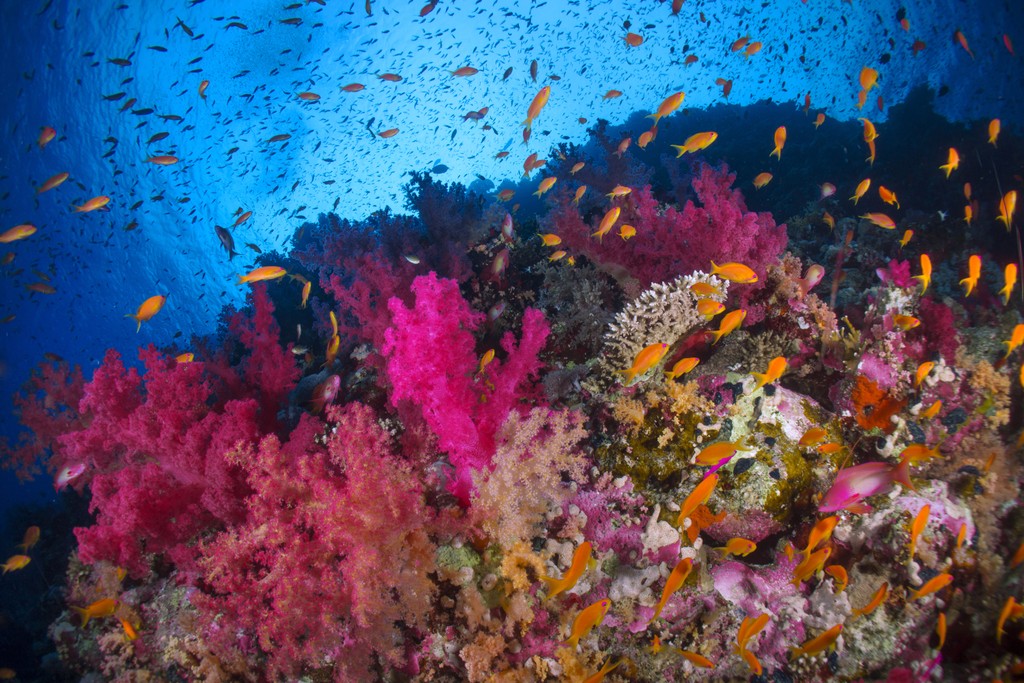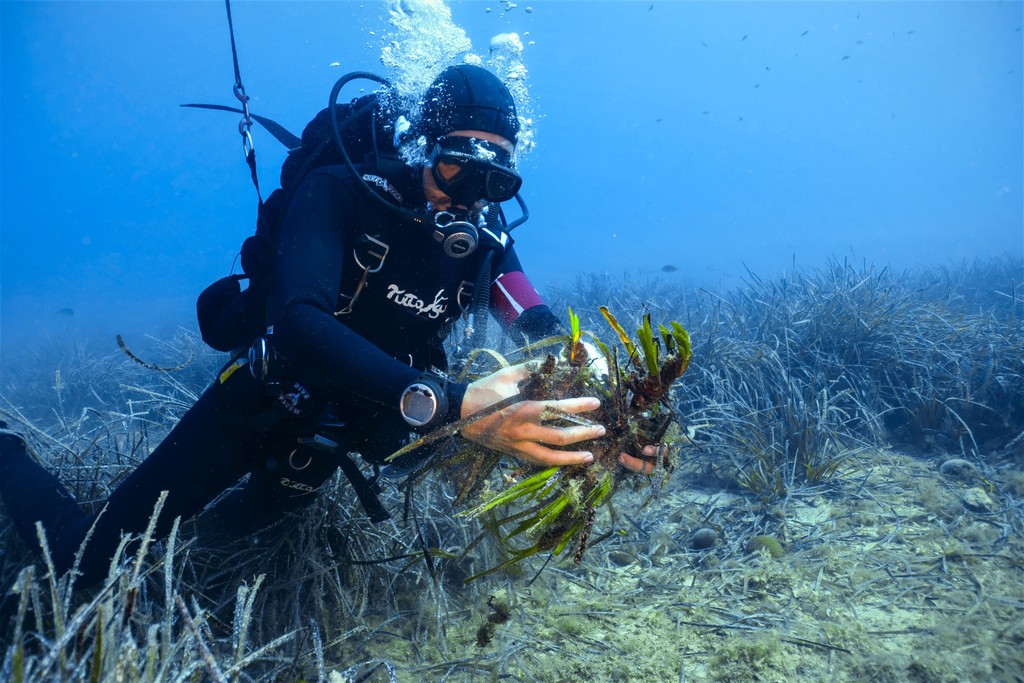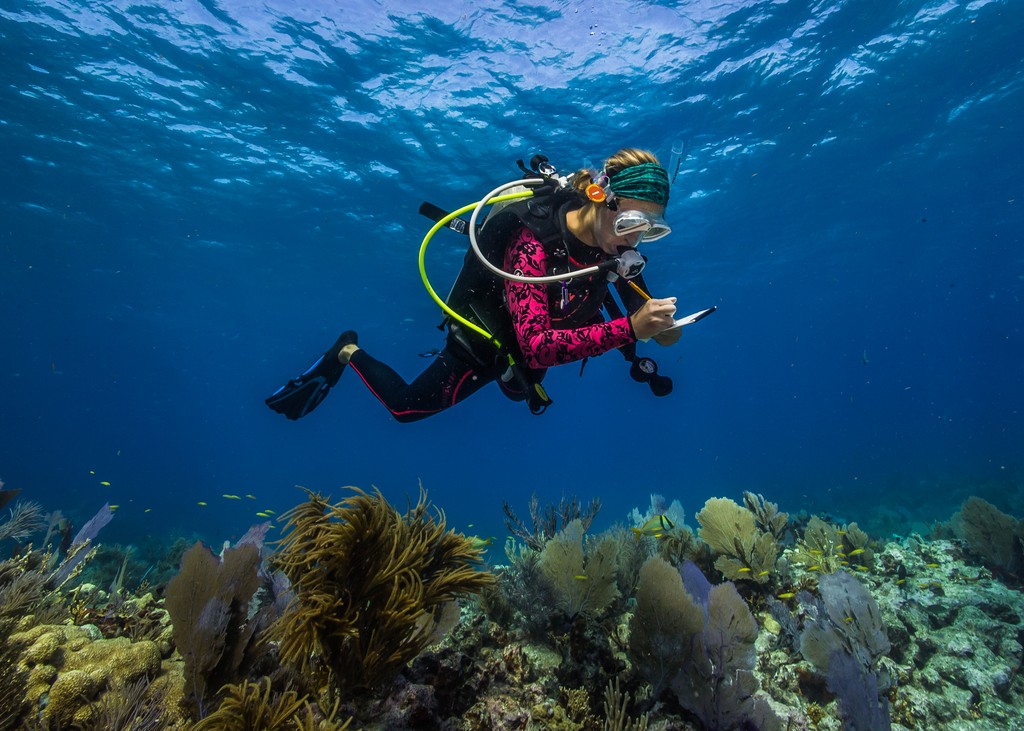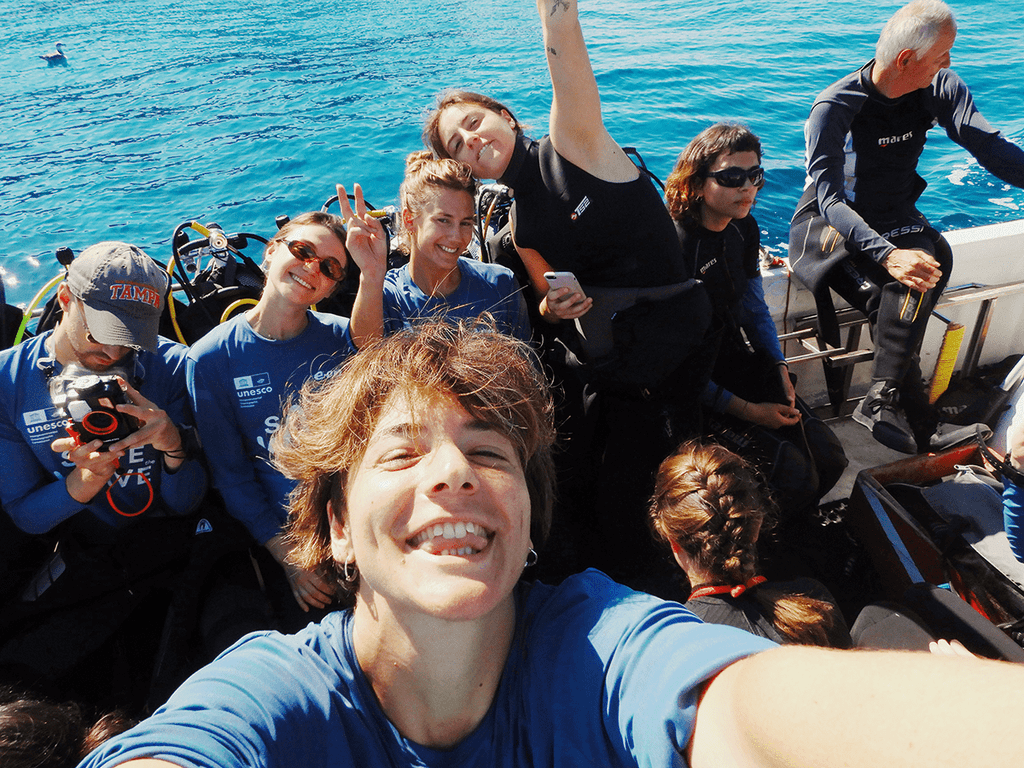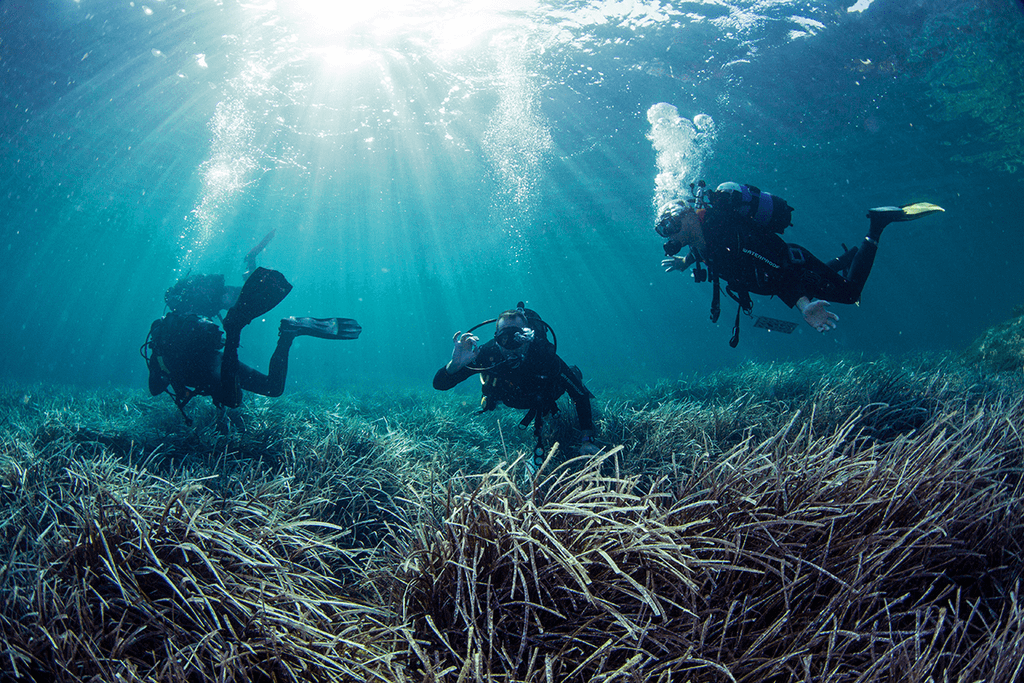Save the Wave
A UNESCO-IOC project to restore marine ecosystems and reconnect people to the ocean through nature-based solutions and ocean literacy.
Objectives
Save the Wave supports Agenda 2030, with a focus on Sustainable Development Goals



The project also aligns with the objectives of the Ocean Decade, in particular a healthy and resilient ocean, and an inspiring and engaging ocean.
Story
Since its launch in 2021, Save the Wave has led two pilot projects to restore Posidonia oceanica meadows. Through close collaboration with local institutions, partners, and experts, these projects have applied innovative methods, advanced scientific research, and involved local communities in ocean literacy and citizen science activities.
In 2023, Save the Wave expanded its efforts by launching a Summer School focused on ocean literacy and ecosystem restoration. The school empowered university students and early-career professionals with the skills to become the next generation of ocean stewards.
In the near future, Save the Wave plans to expand its efforts across the Mediterranean and beyond, working globally to support researchers and ocean advocates in protecting their local environments.
The first partner to join Save the Wave was E.ON, which has contributed to efforts to restore Posidonia oceanica meadow in the Gulf of Mondello and the Tremiti Islands in Italy.


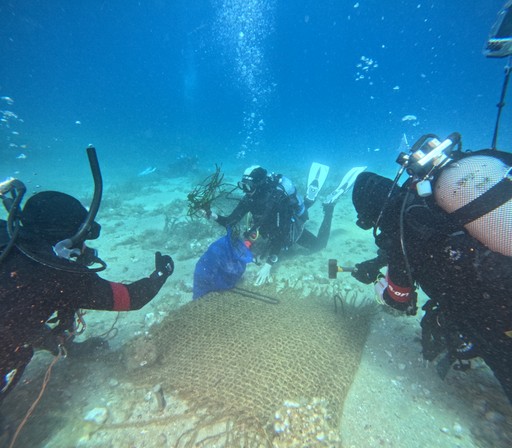
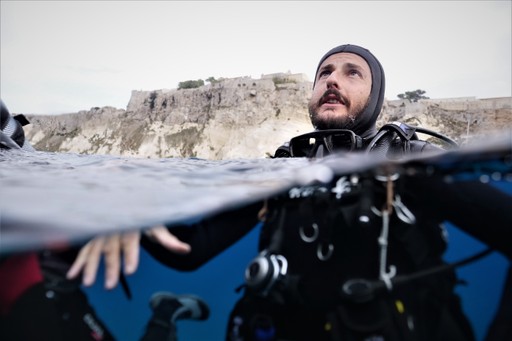
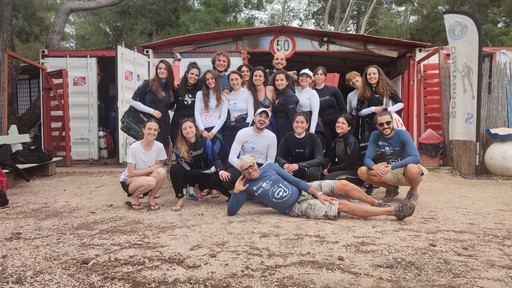
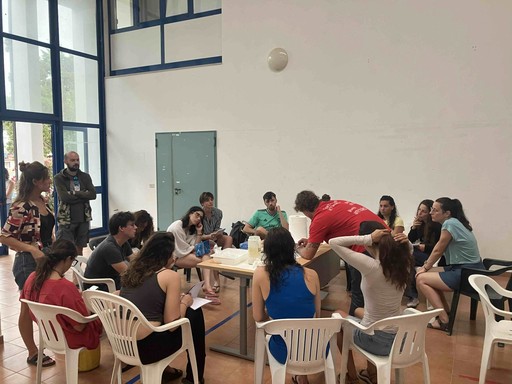

Why Save the Wave?
The global economy is dependent on nature, and the decline of ecosystem services may cost as much as $10 trillion by 2050.
Estimates based on the IUCN Red List of Threatened Species™ tell us that over a million species are at risk of extinction.
To date, just 8% of the ocean is protected to a limited extent, with only 2.9% fully protected.
The cost of inaction is at least three times greater than the cost of restoration, and the benefits of restoration are nine times greater than the cost of investment. It’s to reverse the trend and invest in the future of the ocean.
To stem biodiversity loss we need to stop the loss of natural habitat, conserve what remains and restore degraded ecosystems.
Nature-based solutions tackle major challenges like climate change, food and water security, and natural disasters, while supporting human well-being and biodiversity.
Ecosystem regeneration and protection measures are essential to:
• keep global temperature rise below 1.5°C, in line with the Paris Agreement
• mitigate the effects of climate change, from sea level rise to coastal erosion, droughts and extreme marine heatwaves
• ensure food security for a growing population by preserving and regenerating biodiversity
• halt biodiversity and habitat loss and prevent species extinction
